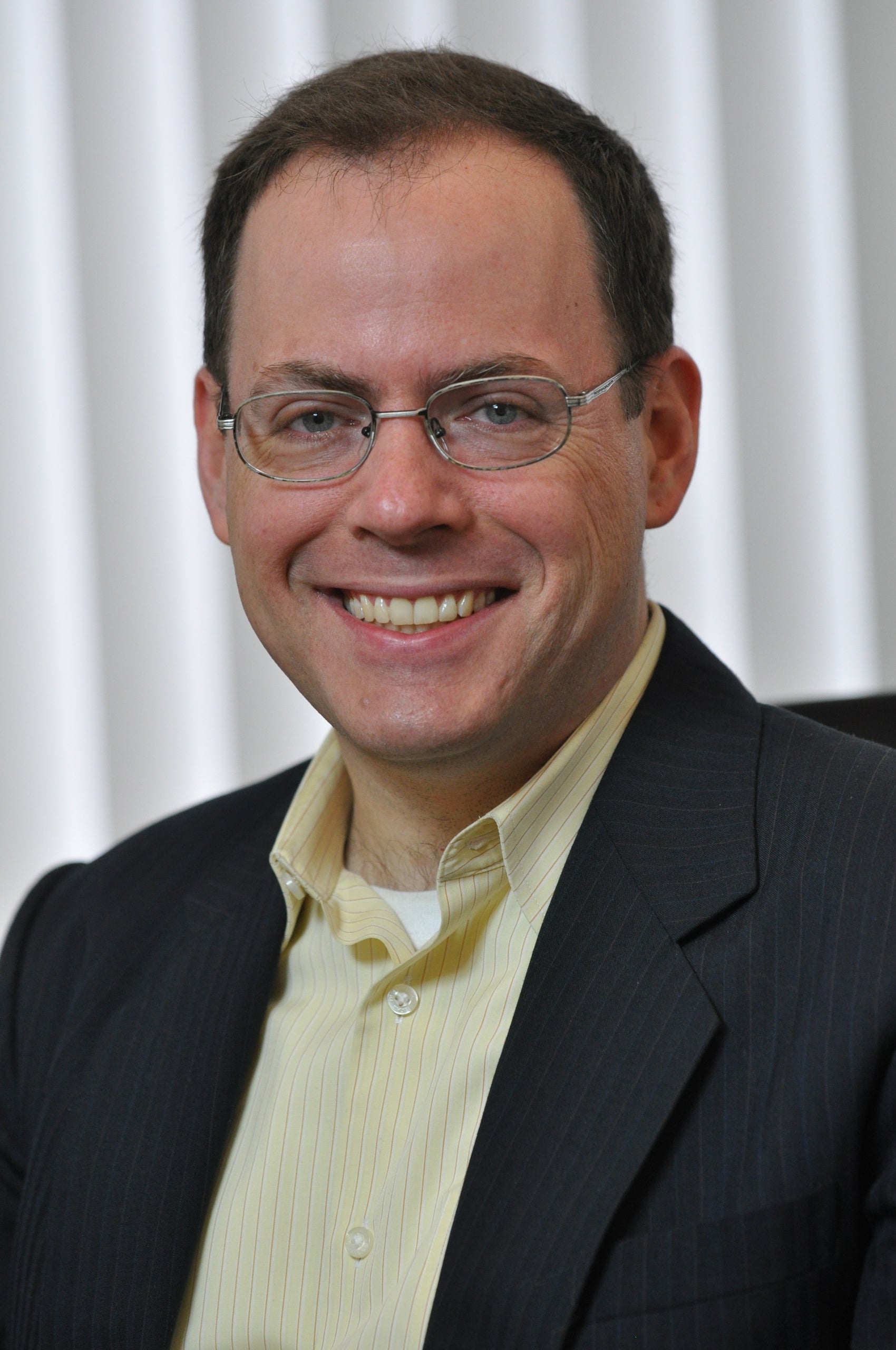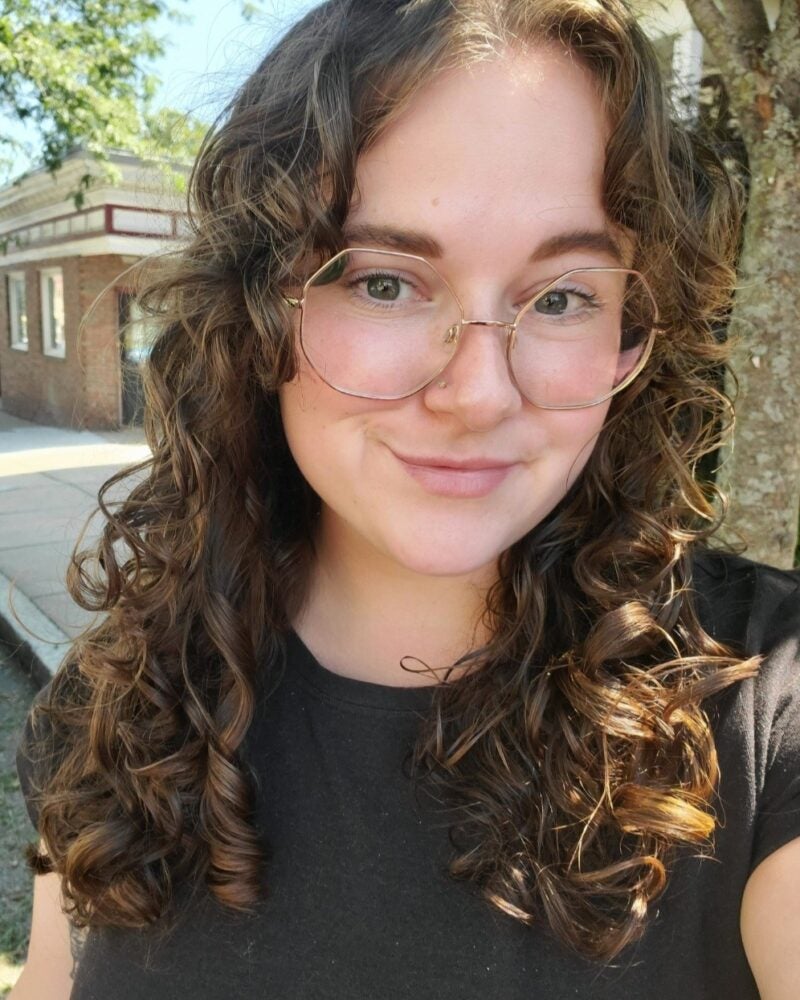The Human Rights Entrepreneurs Clinic offers students the opportunity to work in a lab-like atmosphere with human rights entrepreneurs in start-ups as well as innovators within existing organizations as they translate their ideas for change into reality. The Clinic operates as a lab, and students will have the opportunity to support partners as they develop and incubate ideas to pursue innovative strategic approaches that advance human rights.
During the 2023-2024 academic year, the Clinic will focus on two major areas. First, the Clinic will support strategic litigation related to corporate accountability and climate justice, assisting with field building and the development and incubation of new legal theories and cases in these practice areas. Second, the Clinic will work with a coalition of groups experimenting with how to make the field of business and human rights more community-centric in the coming years. Communities are still too often missing from the conversation and key decisions, and the Clinic will support the coalition’s efforts to inform community engagement, business operations, and local, national, regional, and international frameworks, including relevant UN Guiding Principles, OECD Guidelines, an ongoing treaty-process, and European Union and national legislation and policies.
How to Register
This clinic is currently offered in the Fall semester. You can learn about the required clinical course component, clinical credits and the clinical registration process by reading the course catalog description and exploring the links in this section.
Meet the Instructors

Tyler Giannini
Clinical Professor of Law
Tyler Giannini is a Clinical Professor of Law at Harvard Law School. Giannini’s work focuses on Alien Tort Statute (ATS) litigation, business and human rights, human rights and the environment as well as communities and human rights. He has extensive experience with Myanmar and South Africa and a strong interest in social entrepreneurship and clinical pedagogy in the human rights context.
Prior to joining Harvard Law School, he was a founder and director of EarthRights International, an organization at the forefront of efforts to link human rights and environmental protection. After receiving an Echoing Green fellowship to start EarthRights in 1995, Giannini spent a decade in Thailand with the organization conducting fact-finding investigations and groundbreaking corporate accountability litigation.
He served as co-counsel in the landmark Doe v. Unocal case, a precedent-setting corporate ATS suit about the Yadana gas pipeline in Myanmar, which successfully settled in 2005. He is currently co-counsel in In re South African Apartheid Litigation, a major ATS case that seeks to hold multinationals liable for their support of human rights violations committed by the apartheid state. He is also co-counsel in Mamani v. Sánchez de Lozada, which brings claims against the former Bolivian president and defense minister related to a 2003 civilian massacre. Giannini has authored numerous amicus curiae briefs including to the United States Supreme Court in Kiobel v. Royal Dutch Petroleum Co., Samantar v. Yousuf, and Presbyterian Church of Sudan v. Talisman.
He has written about and advocated on many issues, including international crimes; harmful effects of large dams; transitional justice; abuses related to the mining industry; multi-stakeholder initiatives (MSIs); and the UN Guiding Principles on Business and Human Rights. He has undertaken investigations and advocacy efforts in many countries, including Bolivia, Canada, Cambodia, Papua New Guinea, Thailand, and the United States.
Giannini takes a particular interest in mentoring the next generation of advocates for social justice. He serves as a special advisor for the HLS Public Service Venture Fund. At the International Human Rights Clinic, he helped incubate a new business and human rights non-profit, the Institute for Multi-Stakeholder Integrity.
A recipient of a Harvard President’s Innovation Fund for Faculty Grant for his clinical work on Burma, Giannini also concentrates attention on clinical pedagogy in the human rights context. He is currently working on an exchange with practitioners and academics in South Africa.
Giannini holds graduate degrees in law and foreign policy from the University of Virginia where he was a member of the law review. He is a member of the Virginia State Bar and speaks Thai.

Emily Ray
Clinical Fellow
Emily Ray ’21 is a Clinical Fellow in the Human Rights Entrepreneurs Clinic (HREC) at Harvard Law School. Her specialty areas within human rights law include strategic litigation, corporate accountability, and access to justice for atrocity crimes. She is passionate about leveling the playing field between corporations and communities; providing horizontal capacity building to community actors and holding corporations accountable for their human rights violations. In pursuit of that passion, Emily has been involved in cases against corporations including Nestlé, Chiquita, ExxonMobil, Rubicon Resources, and others.
Immediately prior to joining the HREC, Emily worked on strategic human rights litigation at Cohen Milstein Sellers & Toll. At Cohen Milstein, Emily assisted in preparation of trial materials for a case against ExxonMobil for support of human rights abuses in Indonesia – that case settled shortly before trial. She also contributed to, among other matters, briefing in the Ratha case at the US Court of Appeals for the Ninth Circuit, a case focused on the role of Rubicon Resources in an international shrimp supply chain containing forced labor.
In previous roles with Partners in Justice International (PJI) and the Human Rights Law Foundation (HRLF), Emily gained deep experience in legal and factual research on a wide range of topics in human rights and international law. As a legal fellow with PJI, she engaged closely with legal practitioners in countries such as Kenya and South Korea, learning from their expertise. She also spearheaded a project during her fellowship to support access to justice for atrocity crimes in Myanmar, engaging with civil society to share information on how to engage with mechanisms such as the ICC, ICJ, and International Investigative Mechanism for Myanmar following the 2021 military coup and subsequent human rights violations.
As a student at HLS, Emily worked on a wide variety of human rights cases as a student attorney in the International Human Rights Clinic and as a member of HLS Advocates for Human Rights. Emily received her bachelor’s degree in philosophy and government from Franklin & Marshall College and her master’s degree in moral, political, and legal philosophy from the University of St. Andrews, where she wrote her dissertation on how to conceptualize individual responsibility for structural human rights violations.